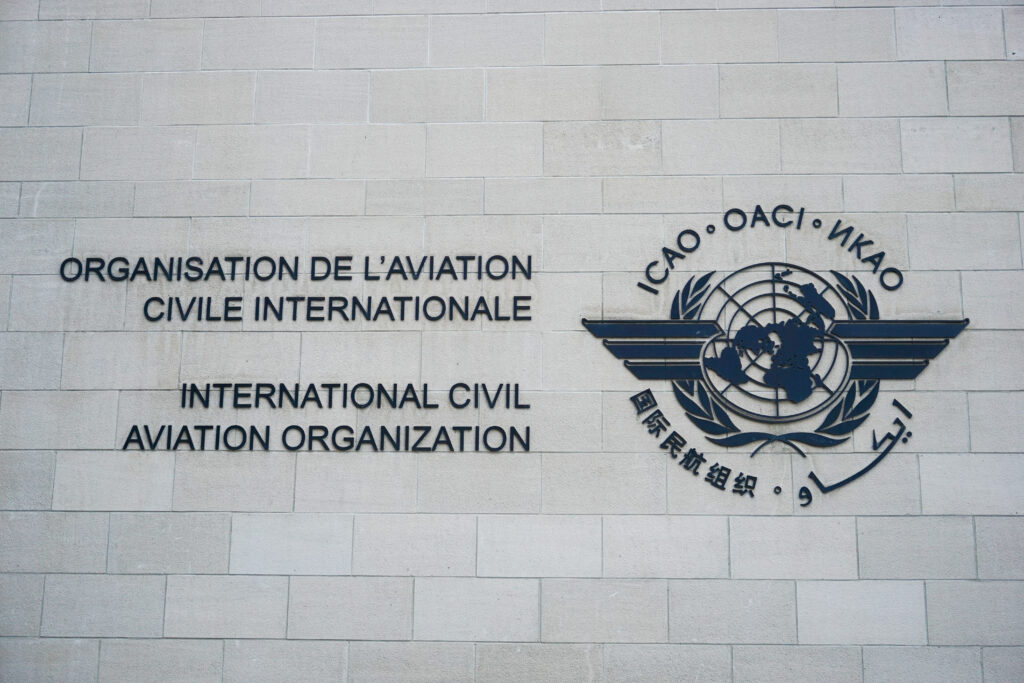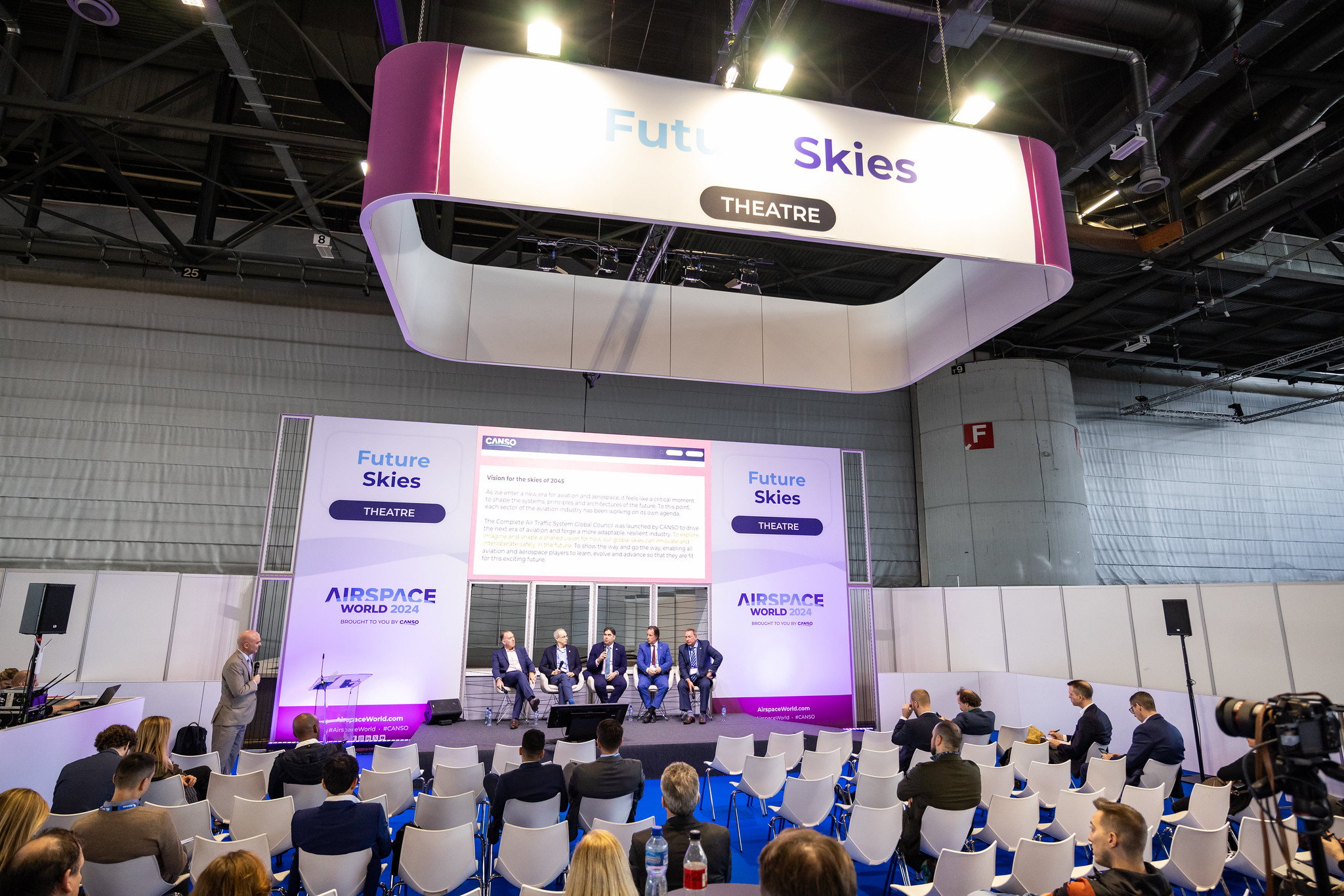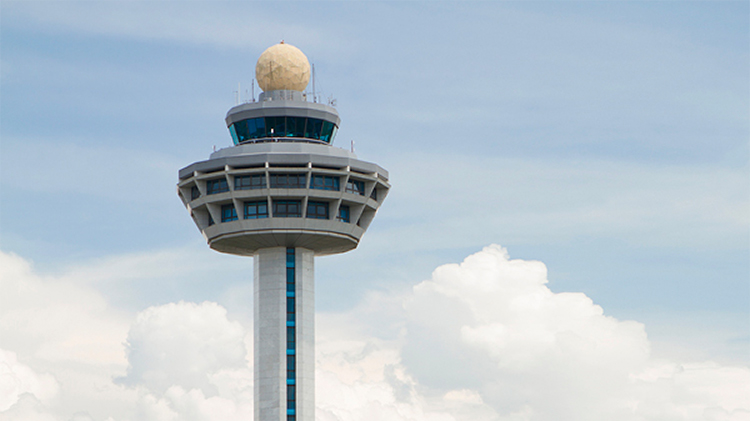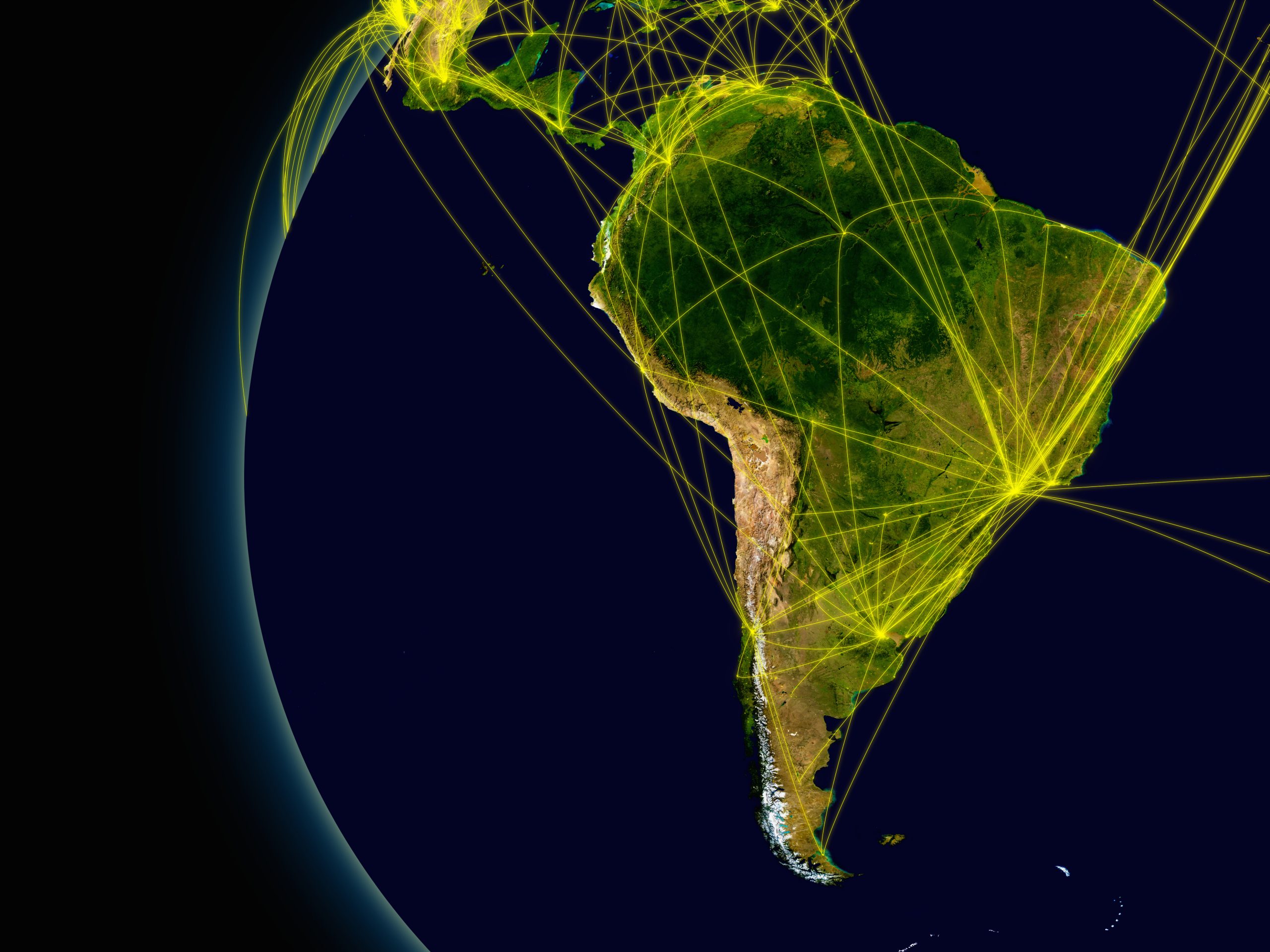AN-Conf/14: An important waypoint on ATM’s path to the future
The past two weeks at the ICAO 14th Air Navigation Conference (AN-CONF/14) have been both intense and highly productive.

With 868 delegates from 109 countries and 28 international organisations in attendance, the conference facilitated rich discussions on 214 working and information papers.
While the number of papers presented was lower than in previous conferences, the quality and depth of the discussions across the various agenda topics were notably higher.
Overall, the outcomes were highly favorable, aligning with our key positions and interventions, making AN-Conf/14 a resounding success for the air traffic management (ATM) industry.
Agenda Item 1: Update on the ICAO 2023-2025 Business Plan and long-term strategic planning
Agenda Item 1 discussions focused on priority areas guiding ICAO’s business plan, with strong support for the results-based management approach and calls for greater clarity on their impact on global plans and air navigation modernisation. The Conference also highlighted the need for a global framework for aviation safety data, stronger safety oversight, and improved resilience in air navigation. Additionally, efforts to enhance the efficiency and inclusivity of the ICAO Assembly’s technical work were discussed, stressing the importance of broader state participation and a more focused agenda to improve effectiveness.
Agenda Item 1 report can be found here
Agenda Item 2: Timely and safe use of new technologies
Agenda Item 2 discussions centered on the integration of new aircraft technologies, such as electric, hybrid, hydrogen-powered, and sustainable fuel-powered aircraft, into aerodromes and operational frameworks, and the need to ensure safety programmes included these new technologies.
The Conference emphasised the need for collaboration between ICAO, States, and industry to ensure the safe and timely adoption of these technologies, aligned with sustainability goals. Additionally, it addressed advanced air mobility (AAM), regulatory frameworks, and public awareness initiatives to promote social acceptance. Other key topics included tackling global navigation satellite system (GNSS) interference, the integration of unmanned aircraft systems (UAS), the development of standards for electric vertical take-off and landing (eVTOL) technologies, all while ensuring safety risk management and operations support climate change.
In consideration of the above, CANSO presented WP/88 titled “Moving Beyond Compliance Measurement”. The paper was well received, and the conference agreed on the need for global efforts for the management of operational safety risks to focus on more proactive safety performance measurement and safety performance indicators beyond regulatory compliance, human factors considerations and the sharing of best practices.
Agenda Item 2 report can be found here
Agenda Item 3: Air navigation system performance improvement
Agenda Item 3 was undoubtedly the focal point of the conference. This single agenda item featured 39 working papers and 46 information papers, accounting for nearly 40 per cent of all submissions presented at the conference.
The Conference emphasised the need for the consistent application of separation minima across regions, and supported initiatives for regional action plans to enhance air traffic flow management. Trajectory-based operations (TBO) were recognised as key to improving aircraft movement predictability and achieving the ICAO’s long-term carbon reduction goals. The Conference also highlighted the importance of collaboration between ICAO, States, and industry to synchronise the development of TBO enablers, such as system-wide information management (SWIM) and flight and flow information for a collaborative environment (FF-ICE), to ensure a smooth global transition.
Additional discussions included airspace classification, free route airspace (FRA), and the establishment of cross-border air traffic services. The need for harmonisation across airspace boundaries and modern ATM solutions was emphasised to enhance safety and efficiency.
The Conference also supported global efforts to address higher airspace operations and space transport integration, stressing the importance of cooperation between the aviation and space sectors. Lastly, the event encouraged continued work on digital air traffic services (DATS), wildlife strike risk management, and the optimisation of legacy systems to support a resilient and modern air navigation system.
The conference also debated a proposed feasibility study on a new air navigation efficiency audit programme, or suitable initiative. While the conference split on the advisability of such a programme, ultimately tacit approval was granted for a feasibility study to proceed.
CANSO Working Paper 89 received strong backing at the conference, with not only full support for the paper but also agreement on the following recommendation.:
Recommendation 3.1/5 – Delegation of responsibility for provision of air traffic services
That ICAO develop a framework to support States considering delegation of responsibility for provision of air traffic services.
Agenda Item 3 report can be found here
Agenda item 4: Hyper-connectivity of air navigation system
Agenda item 4 discussions focused on the “connected aircraft” concept, which aims to support the growing demand for air-ground data exchange through secure, scalable, and efficient communication links. The Conference emphasised the need for technical validation, standardisation, and collaboration among stakeholders, particularly in addressing cybersecurity risks, frequency spectrum usage, and the potential use of commercial communication solutions all while maintaining aviation safety.
Additionally, the Conference addressed aviation cybersecurity, reviewing a draft framework for global coordination and emphasising the need for accelerated development of cross-cutting guidance to tackle emerging cyber threats. Key areas of focus included cybersecurity incident response, cyber risk management, and information sharing, with several recommendations referred to expert groups for further evaluation.
Agenda Item 4 report can be found here
We would like to extend our heartfelt thanks to all our Members, especially the ICAO Affairs Working Group (IAWG), for their invaluable contributions in shaping our positions. A special thank you also goes to those who attended AN-CONF/14 and provided crucial support during the deliberations. Your efforts were instrumental in achieving the successful outcomes we reached—this would not have been possible without you.




